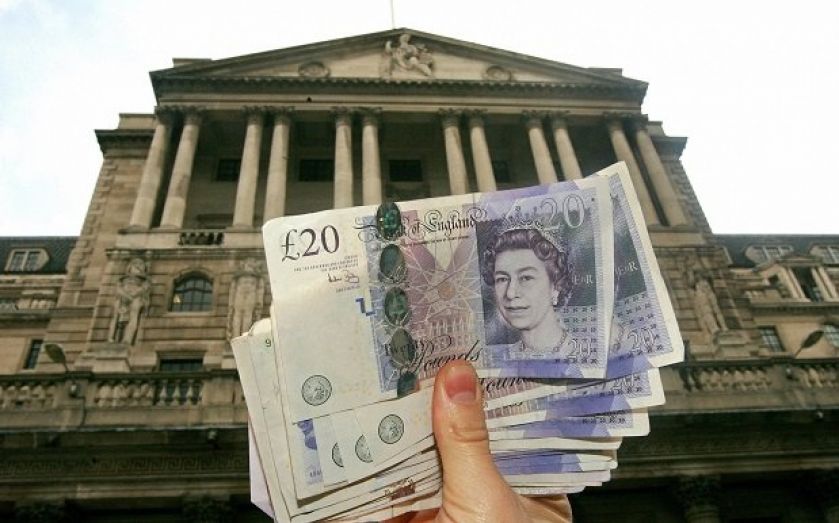Scottish independence: That WEF report could boost Salmond’s plans to keep the pound

Most of the UK media attention given to the new World Economic Forum (WEF) rankings has been focused on Britain edging up one place to take spot number nine for global competitiveness.
However, there may be more to glean from the WEF's report than the UK's marginal improvement in competitiveness. Specifically, the WEF's rankings on the soundness of banks may contain a crucial bit of good news for Alex Salmond as the referendum campaign enters its final stage.
The WEF report shows that Panama has the twelfth-soundest banks in the world, way ahead of the UK, which languishes in 89th place. Why is this is relevant to the Scottish independence debate?
Research director of the Adam Smith Institute (ASI), Sam Bowman, explains:
This is good news for Alex Salmond: Panama uses the US dollar without a currency union, and the ‘Panama option’ may be his best bet for an independent Scotland. Today’s results suggest that emulating Panama by ‘Sterlingising’ without a currency union could give an independent Scotland a remarkably robust financial system because Scotland’s banks could not depend on an unlimited central bank lender of last resort.
Alex Salmond has already said Scotland will keep using the pound if there's a yes vote, adding "there is literally nothing anyone can do" about it. For its part, the ASI has offered a helping hand to show how an independent Scotland might arrange its monetary policy in the face of hostility to a formal currency union.
Bowman recently authored a paper suggesting an independent Scotland need not fear being left without a formal currency union, and should make the unilateral use of the pound its "Plan A" for currency use, along with certain reforms to Scottish financial regulation. This world of a sterlingised Scotland would closely mirror the Panama model in that it would have no central bank.
Rather than relying on a central bank to provide liquidity to banks in a crisis, international capital markets could be relied upon to lend to banks facing difficulty. Furthermore, Panama's banks are extremely prudent given the knowledge there is no central bank to come to their rescue.
The World Economic Forum data and the ASI report call into question the claim made by Better Together campaign leader Alistair Darling in the first TV debate that: "If you don't get a currency union, which you have said in the past you would contemplate – that is using the pound sterling like Panama or Ecuador uses the dollar. That would be ruinous for our financial services industry."
With just over two weeks to go until Scots decide whether to go their own way or remain within the UK, the future of Scotland's currency is still a central issue in the campaign. The Better Together camp have been keen to hammer home the point that Scotland would face an uncertain monetary future if it voted yes on 18 September.
The latest polls show Yes Scotland gaining ground in the wake of Alex Salmond's debate victory. Support for Scotland's secession is at its highest point ever according to YouGov, with 47 per cent supporting independence.